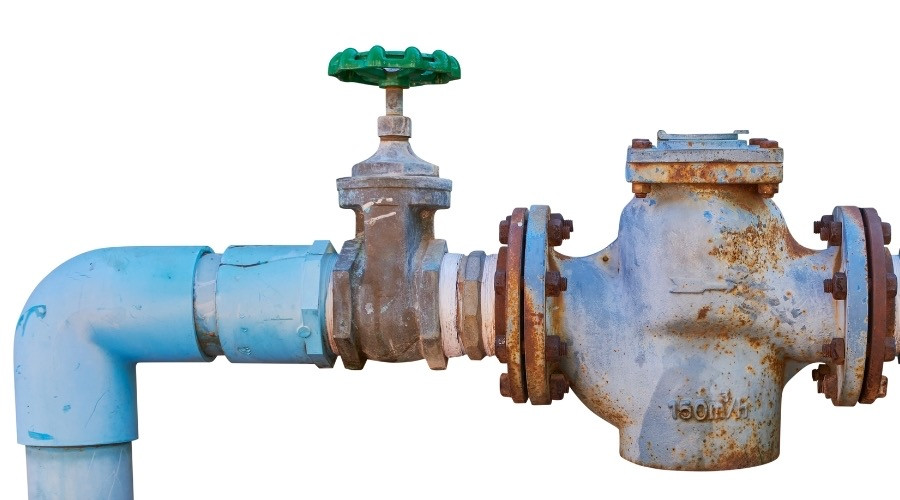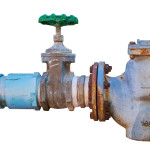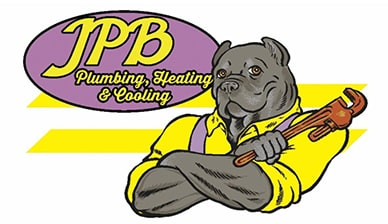What Homeowners Need To Know About Backflow
The holiday season brings festive gatherings and extra guests, making it a joyous time for families. But this can quickly change if a home’s backflow prevention device malfunctions. With more people using the bathrooms frequently, the risk of backflow issues increases.
Backflow occurs when contaminated water reverses flow and enters the clean water supply, often due to shifts in water pressure. This reversal can introduce pollutants, bacteria, chemicals, and other harmful substances into a home’s drinking water, posing health risks to the household and public.
In this post, Bound Brook, NJ, plumbers cover the essentials of backflow and the importance of regular backflow testing to ensure safe water and protect a home during the busy holiday season.
Backflow Risks
 Backflow poses significant health risks when contaminated water enters a home’s main water supply. This can bring hazardous substances like pesticides, fertilizers, chemicals, bacteria, and viruses into the household. This can come from irrigation systems, submerged hoses, faulty toilets, and other plumbing fixtures where pollutants might enter.
Backflow poses significant health risks when contaminated water enters a home’s main water supply. This can bring hazardous substances like pesticides, fertilizers, chemicals, bacteria, and viruses into the household. This can come from irrigation systems, submerged hoses, faulty toilets, and other plumbing fixtures where pollutants might enter.
When backflow occurs, these contaminants can mix with drinking water, potentially causing gastrointestinal issues and infections. Installing backflow prevention devices and scheduling regular testing help detect and eliminate these risks, ensuring the home’s water supply is clean and safe.
What Backflow Testers Do During Inspections
 Backflow testing is essential to ensure that a home’s backflow prevention devices effectively keep contaminated water out of the clean water supply. This confirms that these devices are working correctly, protecting the household and the public water system from contamination.
Backflow testing is essential to ensure that a home’s backflow prevention devices effectively keep contaminated water out of the clean water supply. This confirms that these devices are working correctly, protecting the household and the public water system from contamination.
Most municipalities require backflow prevention devices to be tested annually to ensure they work correctly and comply with local codes. During the test, a certified plumber will briefly shut off the water and attach a specialized test kit to the device.
They will conduct a series of checks to assess pressure and performance, ensuring the device effectively prevents reverse flow. After the test, the plumber will document the findings and suggest any necessary repairs or adjustments to keep the water supply safe.
Reasons to Schedule Backflow Testing
Homeowners should make backflow testing a priority. Not only does it keep homes in compliance, but it also provides several other valuable benefits. These can include:
- Prevent water contamination: Regular testing helps ensure the home’s water supply is safe by detecting and resolving any issues with backflow devices before contaminants can reach household taps.
- Protect public health: Contaminated water entering the main line impacts more than one home; it can affect the whole community. Testing helps maintain a safe public water supply for everyone.
- Provide peace of mind: Knowing the clean and safe water supply is reassuring to homeowners, especially when hosting guests or caring for young children. Routine testing helps prevent exposure to harmful pollutants.
- Avoid costly repairs: Regular maintenance of backflow prevention devices is more affordable than dealing with contamination issues or extensive repairs later on.
About Jeffrey Burke Plumbing, Heating & Cooling
Jeffrey Burke Plumbing, Heating & Cooling provides quality heating services to Bound Brook. In business for over 35 years, they offer 5-star services, upfront pricing, and dependable work. Call them today for backflow prevention services in Bound Brook, NJ.



